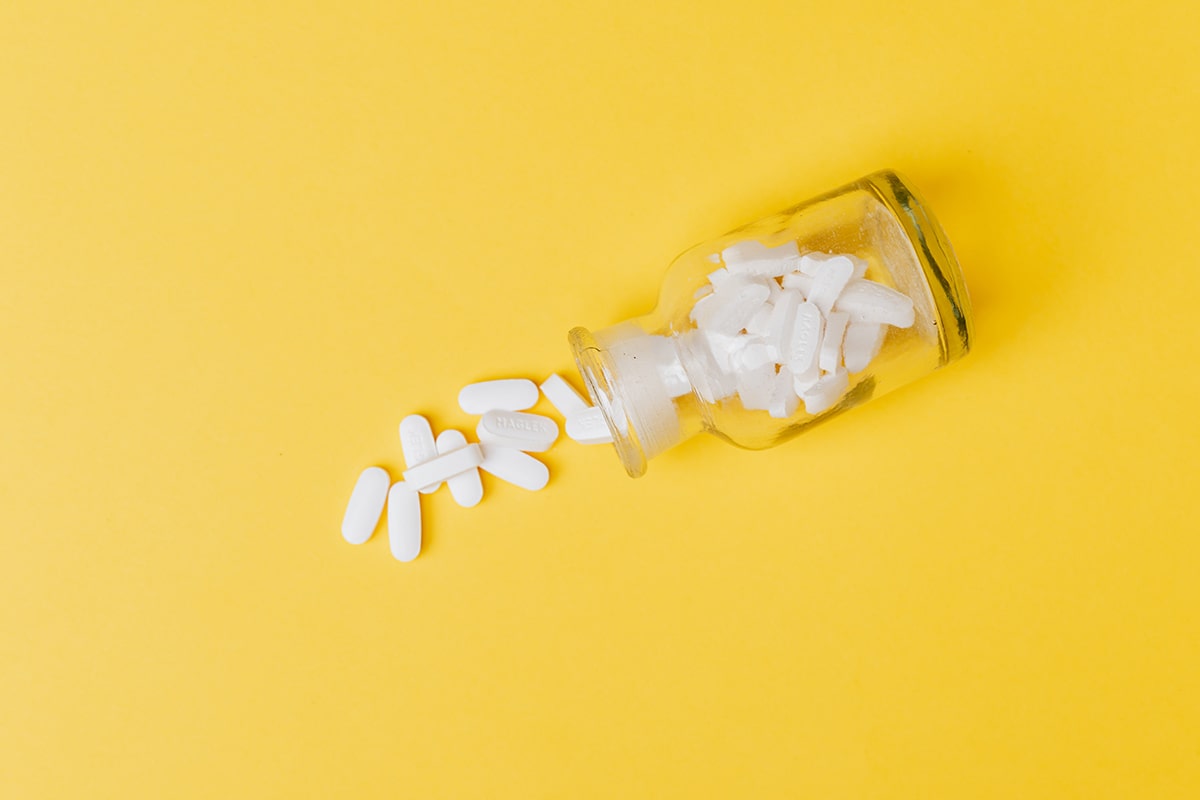The Facts About Soy for Women Around Menopause

What is Soy?
Soy is a nutritious plant-based protein that has been a mainstay of Asian cuisines for thousands of years. It’s rich in fiber, unsaturated fats, antioxidants, vitamins and minerals.
You can eat soybeans themselves, or the products made from soy like tempeh, tofu, miso, soy milk, soy sauce and soy flour. Soy is also processed into soy protein isolate or soy concentrates used for dietary supplements, powders, beverages and packaged snack foods.
What is the Controversy about Soy?
Soy contains compounds called isoflavones which resemble the chemical structure of estrogen. The discovery of these phytoestrogens (“plant-derived estrogens”) created concern about whether they would mimic estrogen in the human body.
However, further research has shown that phytoestrogens are different enough from the body’s estrogen that they do not pose a health risk. Studies confirm that eating soy foods does not increase the risk of breast cancer or the cancer recurrence.
What Are the Benefits of Eating Soy?
Reduce breast cancer risk
- Long, observational studies among both American and Asian populations have shown that women who regularly consume soy (even in higher than average quantities) have a lower risk for breast cancer.
Improve breast cancer outcomes
- Soy may reduce the risk of cancer recurrence for women with a history of estrogen receptor-positive breast cancer.
- Soy also appears to increase longevity among breast cancer survivors, especially those with hormone receptor-negative breast cancers.
Protect bone density
- Soy can reduce the risk of osteoporotic fracture in pre- and perimenopausal breast cancer survivors.
Reduce hot flashes
- Research reviews show that consuming isoflavones reduces hot flash intensity and frequency.
- A 2021 study found that adding a half cup of soybeans to a low-fat plant-based diet reduced moderate to severe hot flashes by 84%.
- Note that soy isoflavones can take several weeks to months to have an effect on hot flashes. The effect of eating soy is also not as significant as menopausal hormone therapy (MHT).
Get Your Soy From Whole Foods
Experts recommend avoiding packaged soy products and focusing on whole food sources.
Minimally processed soy foods like organic tofu, tempeh, natto, miso and edamame have much more nutritional value than soy protein powder or isolated soy concentrate added to certain packaged food items.
Unsweetened, organic soymilk can be another healthy option that’s easy to incorporate into your diet. A one ounce serving of roasted soy nuts is a great alternative to less healthy snack foods.
How Much Soy Should You Eat?
Most research suggests regularly consuming one to two servings of whole or minimally processed soy foods every day in forms like edamame, soy nuts, tofu, tempeh and soymilk.
Sign up for more unique women’s health content
By submitting this form, you agree to the Lisa Health Privacy Policy and Terms of Use


